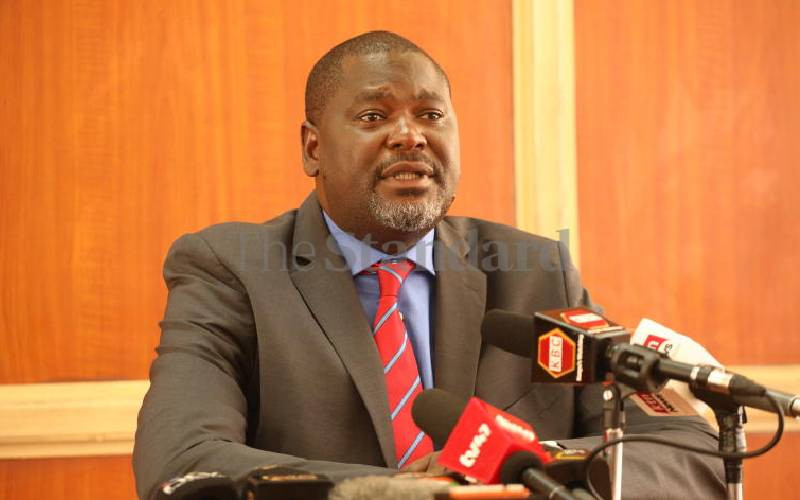×
The Standard e-Paper
Fearless, Trusted News

The government could soon have sweeping powers over protests, including deciding when and where they can happen, under a new law spearheaded by Mbeere North MP Geoffrey Ruku.
The proposed Assemblies and Demonstrations Bill 2024 seeks to bar protests on highways and other public spaces, claiming they disrupt public order.